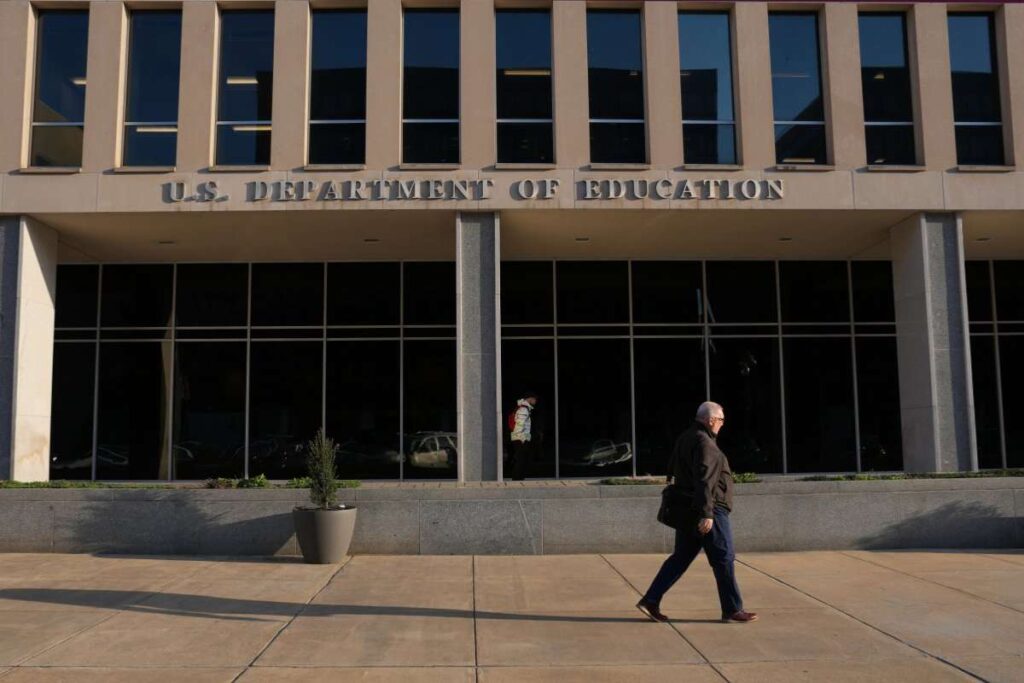The U.S. Department of Education has officially paused a controversial plan that would have allowed the government to garnish Social Security checks from individuals who have defaulted on their federal student loans. According to department spokesperson Ellen Keast, the agency has not initiated any Social Security offsets since collections resumed on May 5 and has decided to halt any future garnishments for now.
This development brings relief to the estimated hundreds of thousands of older Americans who faced the prospect of reduced benefits due to student loan debt. In May, the Department warned that these garnishments could begin as early as this month, prompting widespread concern among vulnerable seniors. Keast emphasized that the Trump administration is “committed to protecting Social Security recipients” and that steps are being taken to assist affected borrowers.
Older Americans Among Most at Risk
The decision to halt garnishments comes after the Education Department resumed involuntary collections on defaulted federal student loans in May, ending a pause that had been in effect since March 2020. That move had raised alarms, especially among older borrowers. A report from the Consumer Financial Protection Bureau (CFPB) in January estimated that around 452,000 individuals aged 62 or older had student loans in default and were at immediate risk of benefit reductions due to resumed collections.
Although the current pause on Social Security offsets is now in place, the Department did not clarify whether other federal benefits are also protected under this decision. The Garnish Social Security Administration (GSSA) has not issued a comment in response to the announcement.
Keast also stated that the Department will soon begin “proactive outreach” to impacted recipients, offering information on affordable repayment options and helping them re-enter good standing with their loans. This effort aims to provide borrowers with pathways to manage their debt without facing harsh enforcement measures such as benefit garnishment.
Political and Legal Landscape Remains Fluid
The pause on Garnish Social Security comes amid broader scrutiny over the federal government’s handling of student loan debt. Recently, a federal judge blocked the Trump administration’s effort to transfer the nation’s $1.6 trillion student loan portfolio to the Small Business Administration. That decision ensured the Education Department remains the primary manager of federal student loans, maintaining its authority over collections and borrower support services.
Additionally, the Department had earlier indicated that administrative wage garnishment, another form of involuntary debt collection, would begin later this summer, pending the issuance of required legal notices. It remains to be seen whether similar pauses will apply to that aspect of the collection process.
With public pressure mounting and legal challenges ongoing, the Education Department’s recent move may signal a more cautious and supportive approach to collections, at least for now, particularly when it comes to older Americans reliant on federal benefits.

